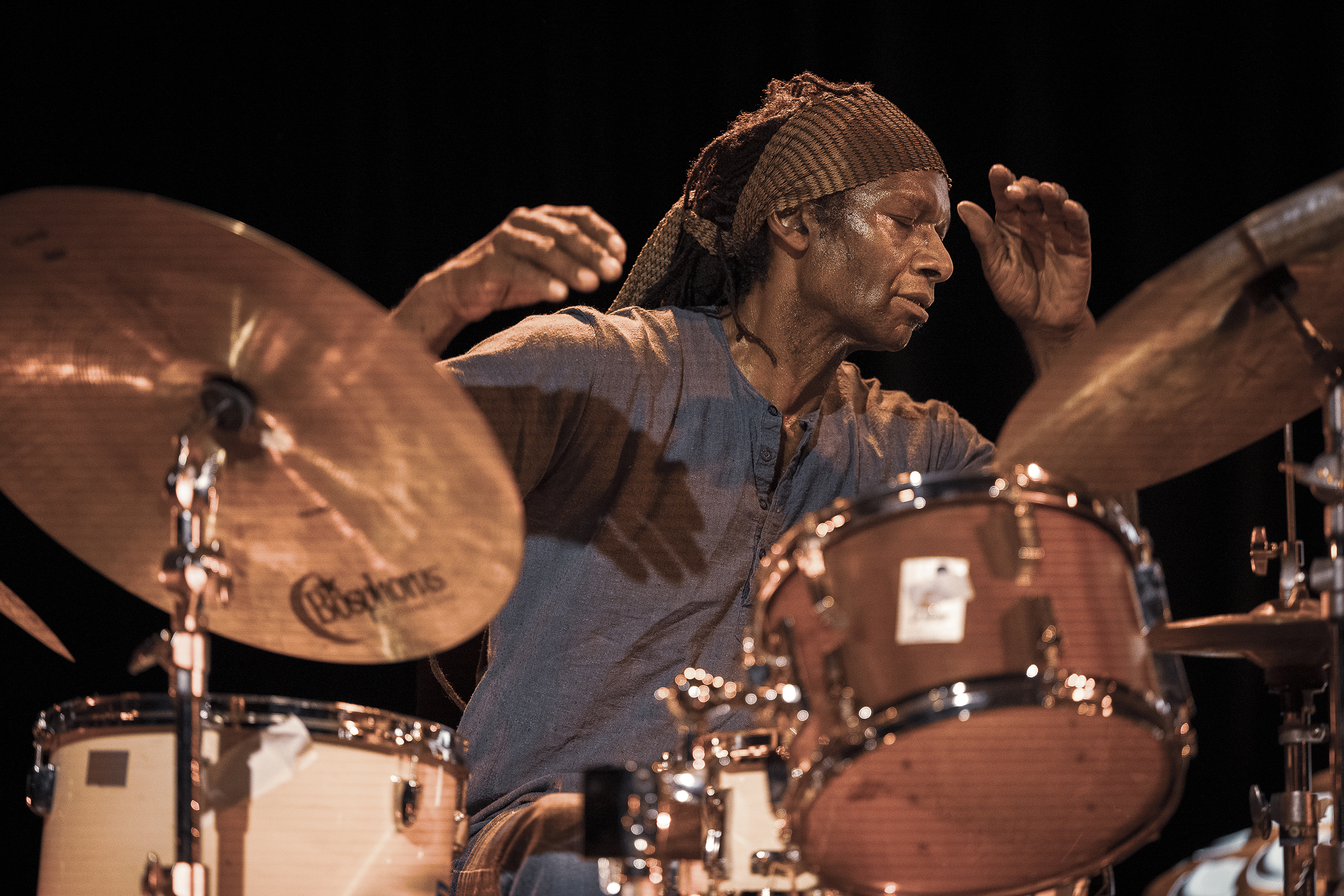
Hamid Drake
Drake worked with Anderson from 1974 to 2010 including on Anderson‘s 1979 The Missing Link. At Fred Anderson’s workshops, a young Hamid met Douglas Ewart, George Lewis and other members of Chicago‘s Association for the Advancement of Creative Musicians (AACM).
Another of the most significant percussion influences on Drake, Ed Blackwell, dates from this period. Hamid‘s flowing rhythmic expressions and interest in the roots of the music drew like~minded musicians together into a performance and educational collective named the Mandingo Griot Society, which combined traditional African music and narrative with distinctly American influences. Career. Don Cherry, who Drake first met in 1978, was another continuing collaborator. After meeting Don Cherry, Hamid and fellow percussionist Adam Rudolph travelled with Don to Europe, where they explored the interior landscape of percussion and shared deeply in Mr. Cherry‘s grasp of music‘s spiritually infinite transformational possibilities. Drake worked extensively with him from 1978 until Cherry‘s death in 1995.
Drake was one of the founders, along with Foday Musa Suso and Adam Rudolph, of The Mandingo Griot Society. His other frequent collaborators include New York bassist William Parker, saxophonist David Murray, composer and percussionistAdam Rudolph, German free jazz saxophonist Peter Brötzmann and drummer Michael Zerang. Drake performing with Iva Bittová in Moscow in January 2014.
Now touring and recording all over the world and in constant demand everywhere, Hamid Drake has played and/or recorded with Don Cherry, Pharoah Sanders, Fred Anderson, Herbie Hancock, Archie Shepp, William Parker (in a large number of lineups), Reggie Workman, Yusef Lateef, Wayne Shorter, Bill Laswell, David Murray, Joe Morris, Evan Parker, Peter Brotzmann, Jim Pepper, Roy Campbella, Sabir Mateen, Rob Brown, Marilyn Crispell, Johnny Dyani, Dewey Redman, Joe McPhee, Adam Rudolph, Hassan Hakmoun, Joseph Jarman, George Lewis, John Tchicai, Iva Bittová and almost all the members of the AACM. These diverse artists all play in a broad range of musical settings which allows Drake to comfortably adapt to north and west African and Indian impulses as well as reggae and Latin. Although engaged as sideman, he is also devoting his energies and creativity as a band leader; focusing on his own groups and projects such as Bindu or Indigo Trio.
Drake has frequently appeared with jazz legend Archie Shepp in various configurations. The most common is the group Phat Jam along with human beat boxer and rapper Napoleon Maddox. Drake also works with Maddox in the jazz hip hop group ISWHAT?!. Drake performs with European jazz groups, recording with Hungarian musicians such as Viktor Tóth and Mihály Dresch, also releasing projects with Polish saxophonist Mat Walerian. In addition to the drum set, Drake performs on the frame drum, the tabla, and other hand drums.
Since 1990 Drake has collaborated with fellow percussionist Michael Zerang to present annual winter solstice concerts. For the past 25 years both musicians have been committed to return to Chicago, IL from wherever in the world they are performing to stage the event which commemorates the northern hemispheres shortest day. About the event Drake has said, “The solstice is an important time for all people of any religion or race, because it’s about the cycling of the earth itself, and nobody can really claim that. It’s a time of the year when a lot of people are home and visiting, and we wanted to create something that people would enjoy at that particular time, regardless of whatever they might be following. I think it just kind of naturally turned into this continuing event. I don’t think that we planned it at the beginning.”
Projects
HAMID DRAKE’S TURIYA: HONORING ALICE COLTRANE
NDOHO ANGE: dance, spoken words, THOMAS DE POURQUERY: sax and vocals, JAN BANG: electronics JAMIE SAFT: piano, keyboard, Fender r, PASQUALE MIRRA: vibraphone, percussions JOSHUA ABRAMS: double bass, guembri HAMID DRAKE: drums, percussion, vocals
“I was 16 when I met Alice Coltrane at a concert in Ravinia Park, outside of Chicago. We exchanged addresses and wrote to each other afterwards. Her creativity impacted a host of musicians and listeners. For myself it was and still is very powerful. She gifted me with a spiritual and aesthetic openess that I continually cherish. This project is my way of honoring the great being that enabled the teenager to continue on the path of discovery, wonderment and finding one’s own voice”
New project! HAMID DRAKE + THURSTON MOORE
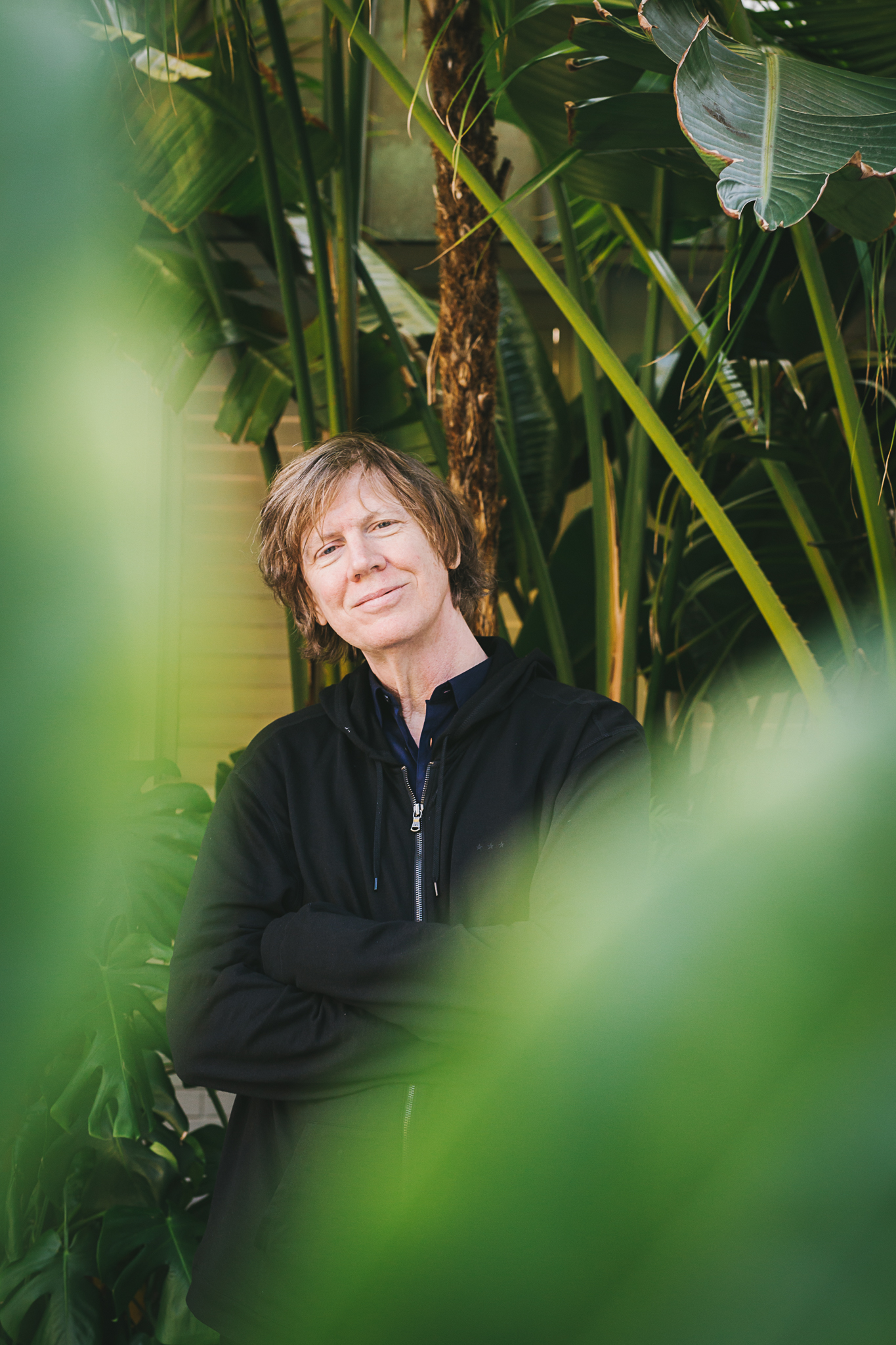
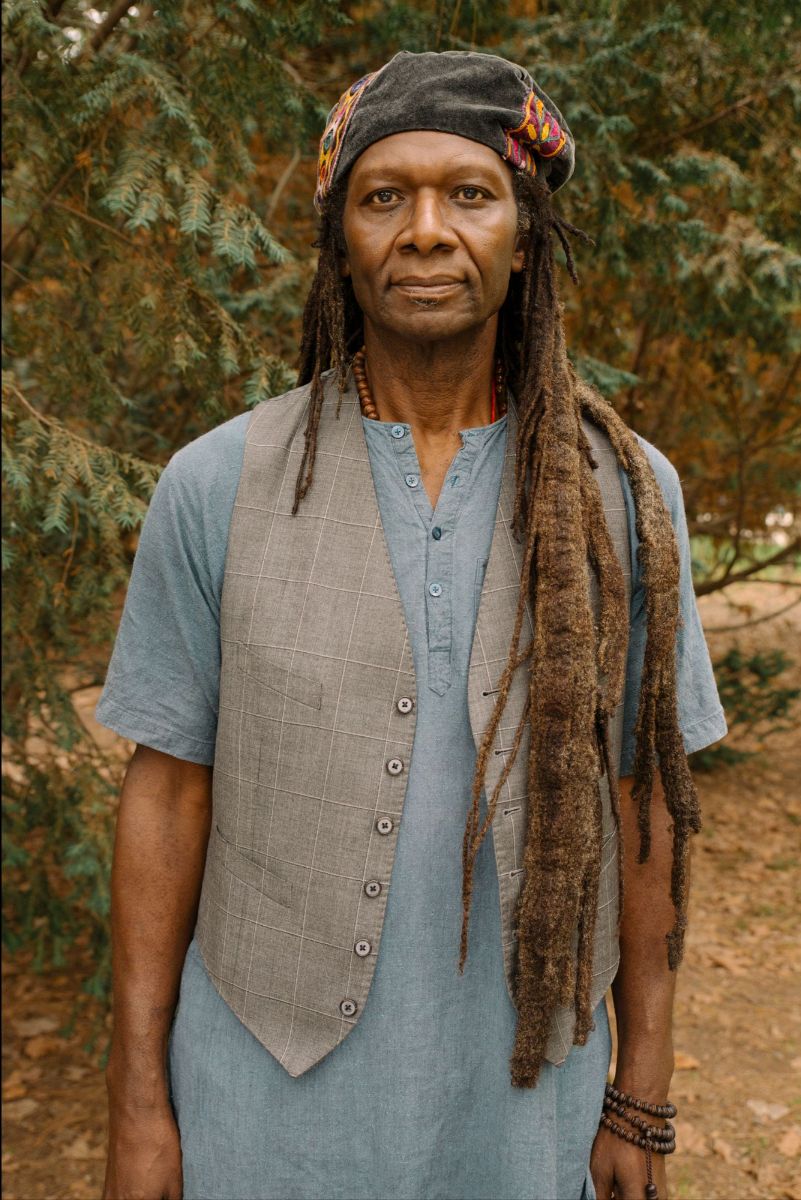
New project! Teriya Quartet
Aly Keita, Hervé Samb, Brad Jones, Hamid Drake.
Creation Sons d’Hiver 01/19/2024.
“Some sounds give you the blues, others make you happy. Hamid Drake and Aly Keïta have heard and created some of these sounds in their lives, with some of the most interesting musicians in jazz and world music. In Bambara, Teriya means friendship. This is the name Aly and Hamid have given to the group they’ve brought together this evening. Friendship dances at the heart of the quartet they have imagined together. It’s also a return to the very roots of music: encounters, dialogue and unison. Sons d’Hiver loves these returns to basics. Faithful friends of the festival, Drake and Keïta have been bathing it in thought and wisdom for a long time. Sounds that comfort, sounds that inspire wonderment and enquiry. Sounds that create joy and bring people together.” Hamid Drake and Aly Keita embody the meeting between Africa and America, the drums and the balafon. Accompanied by Hervé Samb on guitar and Brad Jones on double bass, the four musicians showcase the creativity of their continents of origin. Their music covers a thousand rhythmic nuances, drawing inspiration from lullabies from the West African griot tradition, as well as motifs from African-American jazz.

XHOSA COLE / MAJID BEKKAS / HAMID DRAKE
Xhosa Cole. tenor saxophone, clarinet, flutes
Majid Bekkas, vocals, guembri, oud, electric guitar
Hamid Drake, drums, percussion, vocals
 Divination
Divination
Laraaji (zither) / Bill Laswell (bass) / Hamid Drake (ds)
Bill Laswell (b. February 12, 1955 in Salem, Illinois and raised in Albion, Michigan) is an American bassist, producer and record label owner. He was married to Ethiopian singer Ejigayehu Shibabaw alias Gigi. Laswell ranks among the most prolific of musicians, being involved in hundreds of recordings with many musicians from all over the world. Laswell’s music draws upon many different genres, most notably funk, various world music, jazz, dub and ambient styles. He has also played or produced music from the noisier, more aggressive end of the rock spectrum, like hardcore punk and metal.
Hamid Drake & Bindu Reggaeology
While most listeners know Hamid Drake as one of jazz’s best percussionists, he also happens to be one of the finest reggae drummers. Before the demands of the road took him away from Chicago for much of the year, he worked with many local reggae outfits, and the music still courses through his veins. Drake has been using the moniker Bindu as the name for a variety of focus-shifting lineups, but the one that released Reggaeology (Rogue Art) in 2010 might be the most rewarding of them. As the name suggests, the project allows Drake to merge his deep investment in reggae with his mastery of improvised music.
The frontline features trombonists Jeb Bishop and Jeff Albert in a not so subtle to salute to the ubiquity of the instrument in Jamaican music—thanks to the brilliance Skatalites trombonist Rico Rodriguez—and guitarist Jeff Parker helps hold down the music’s infectious syncopated grooves while tracing out the chordal shapes (to say nothing of unleashing some typically corrosive solos) in Drake’s sturdy compositions. Still, Drake refuses to limit the band to just Jamaican music. Cincinnati poet and beatboxer Napoleon Maddox adds extra rhythms and delivers spiritual spoken word, while bassist Joshua Abrams connects with the drummer in a shared predilection for traditional global grooves, shifting to the bass-like Moroccan guimbri when Drake moves to frame drum. Finally, the powerhouse Chicago vibraphonist Jason Adasiewicz will also join the group.
![INDIG MIND[1]_ok](https://www.artandnetwork.com/wp-content/uploads/2018/02/INDIG-MIND1_ok-scaled.jpg)
Indigenous Mind
Hamid Drake – drums & percussion / Joshua Abrams – bass & guimbri / Jason Adasciewicz – vibraphone & balaph
Indigenous Mind may also be called Primordial Mind. It is something we all possess. It belongs to everyone and every culture at its root. Indigenous Mind, even though it is always present, still has to be discovered. We attempt to do that with music and art. Going beyond the illusion of performer and audience and allowing ourselves to enter, touch, feel, sense, and enjoy the oneness of the shared energy of open space.
Peter Brötzmann — Maâlem Moukhtar Gania — Hamid Drake
Peter Brötzmann – sax alto, sax tenore, clarinetto, tarogato / Maâlem Moukhtar Gania – guembri, voce / Hamid Drake batteria – percussioni / Musiche di Peter Brötzmann, Maâlem Moukhtar Gania, Hamid Drake
The Catch of a Ghost

“3 names, 3 cultures, 3 continents, 3 different concepts of time and timing – this is the essence of this trio. This is what we have to bring together. I am rather optimistic.” Peter Brötzmann, Wuppertal, 1st April 2019
With these simple words Peter Brötzmann, one of the greatest representatives in the development of a unique European approach to free improvisation since the ‘60s, announced the unprecedented trio lined up for his return to AngelicA festival in 2019. A trio in which, to the trusted Hamid Drake – one of the best living drummers and his historic collaborator since the times of the Die Like a Dog quartet –, he added Maalem Mokhtar Gania, last representative of a legendary line of Gnawa music masters from Essaouira, son of Maalem Boubker Gania and brother of Maalem Mahmoud Gania, who died prematurely and had been the protagonist with Brötzmann and Drake of an explosive trio in Wels in 1996.
The Bologna trio documented in the CD The Catch of a Ghost thrilled and surprised the attending audience with the great energy and liveliness of the sound textures created by the dialogue among the musicians, but also with the continuous ability to (re)invent itself coupled with boundless physical force of Brötzmann’s emission, who proved that at the age of 78 that he has nothing to envy to his younger self of 50 years ago, at the beginning of his career.
Label: I dischi di Angelica / In collaboration with Francesca Scarinci Exb.
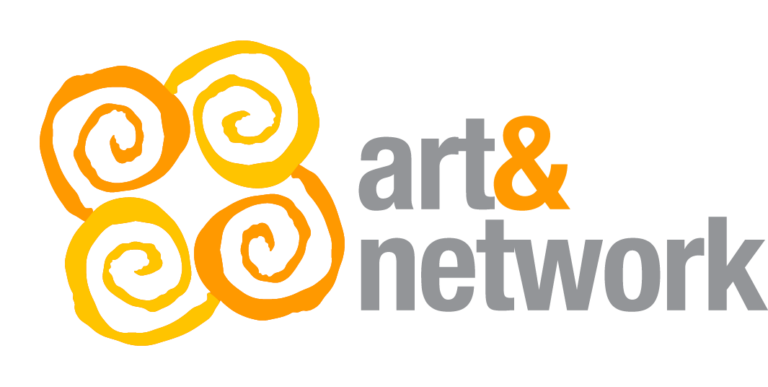
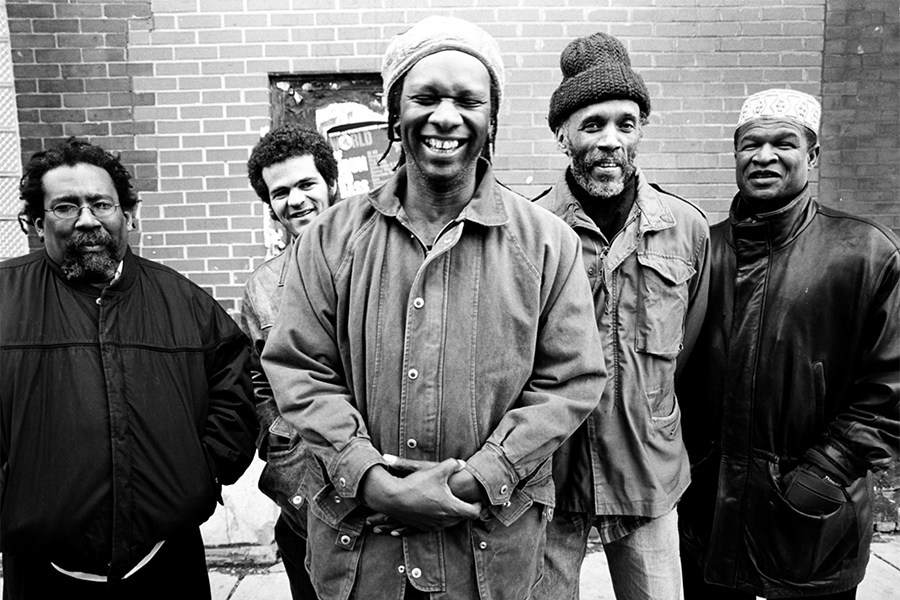
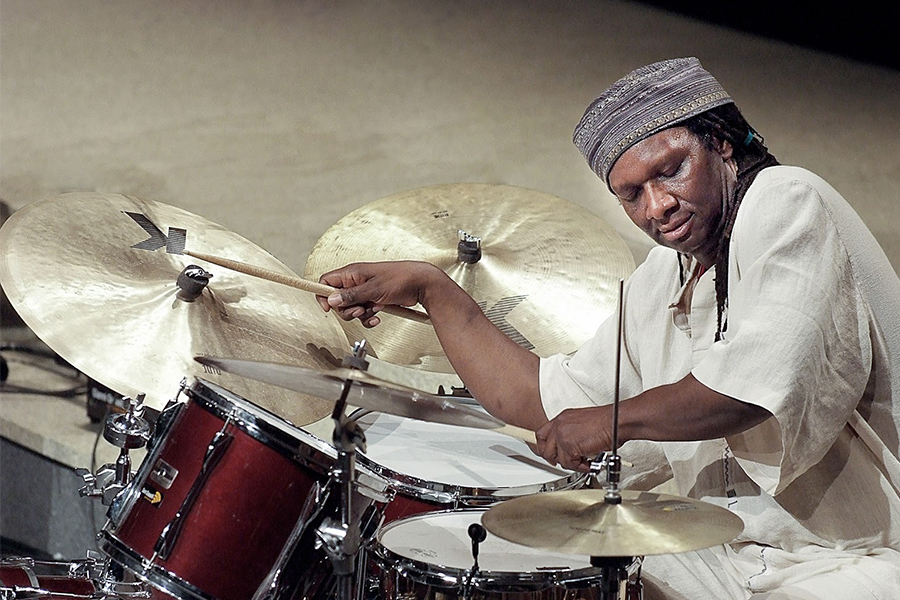

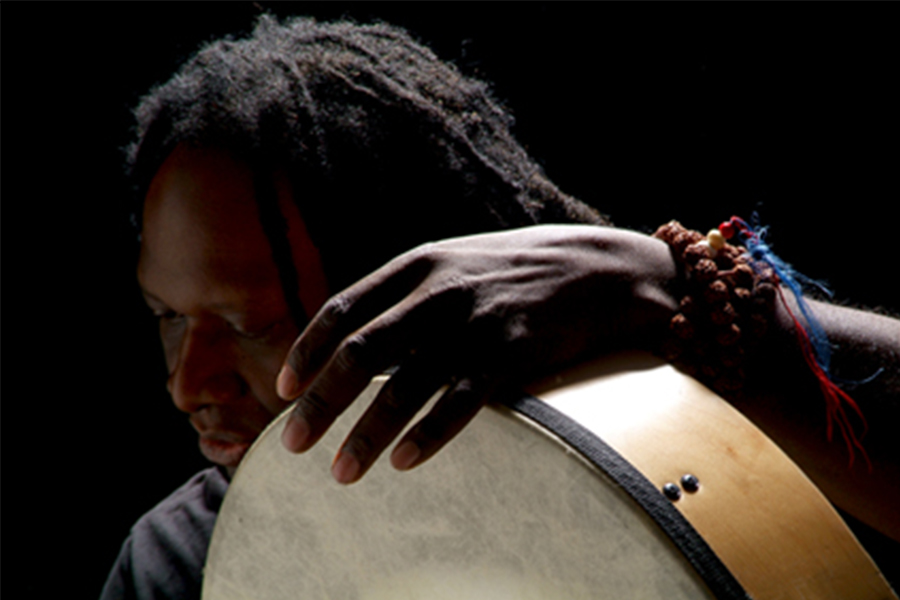


 Divination
Divination